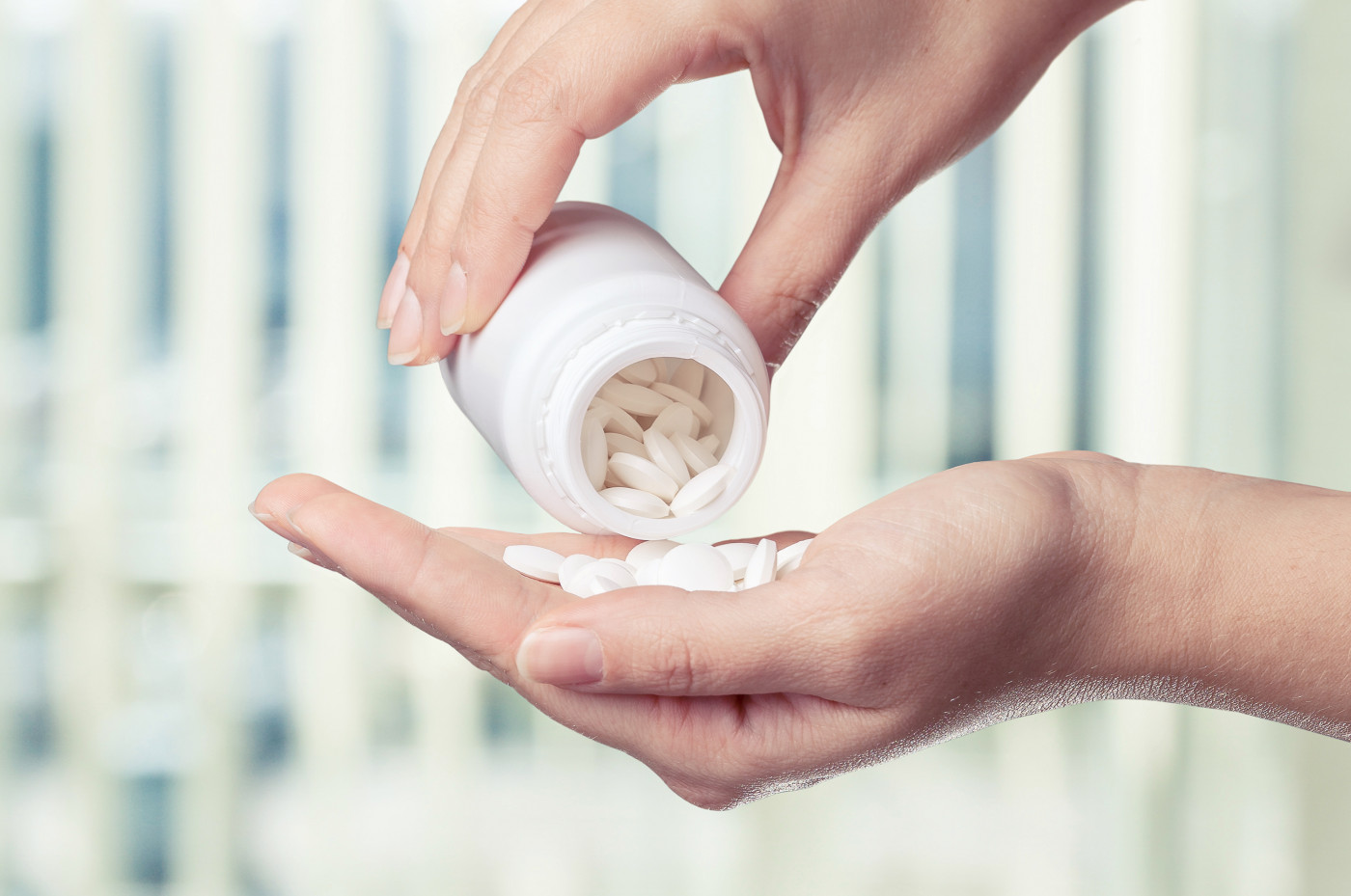Lipoic Acid Supplements May Help to Delay Decline in Walking Speed in SPMS Patients, Study Says

Lipoic acid (LA), an over-the-counter antioxidant supplement, helps to mildly delay a decline in walking speed in secondary progressive multiple sclerosis (SPMS) patients, particularly those with lesser disability, analysis of a small, two-year clinical study reports.
No improvements were seen in balance among SPMS patients taking oral LA and those given a placebo, but the findings were of enough interest to justify further studies, researchers said.
The study, “Effects of lipoic acid on walking performance, gait, and balance in secondary progressive multiple sclerosis,” was published in the journal Complementary Therapies in Medicine.
Few therapies are known to benefit walking abilities and sense of balance in people with MS, and only a minority of potential treatments have been specifically tested in SPMS patients.
Complementary or alternative medicines are often proposed, but little evidence to date supports their use.
LA is a readily available dietary supplement (naturally present in food and produced in our body) with antioxidant activity. In animal models of MS, LA was seen to reduce disability, inflammation, demyelination, and infiltration of immune cells in the central nervous system (brain and spinal cord).
Join the MS forums: an online community especially for patients with MS.
A recently concluded clinical trial (NCT01188811) in 51 SPMS patients at the Veterans Affairs Portland Health Care System in Oregon suggested that 1200 mg of oral LA, taken daily, improved walking abilities and reduced the extent of brain volume loss compared to placebo, while being safe and well-tolerated.
Led by researchers at the Oregon Health & Science University, the goal of the present study was to investigate the effect of LA in walking and balance metrics of SPMS patients in that Veterans Affairs clinical trial.
The trial was a randomized, double-blind Phase 2/3 study, with participants randomly allocated to either a treatment group given 1200 mg pills of LA daily (28 patients) or to a placebo group (26 patients) for two years.
Researchers analyzed data from 11 patients on LA and 10 on placebo, who completed all the gait and balance tests.
Walking speed was measured using a Timed Up and Go (TUG) test — the time a patient takes to stand up from a chair, walk forward seven meters, turn around, walk back and sit down again. TUG was performed at a “normal” and at a “quickly as possible” walking speed, and then paired with a cognitive task.
To address balance, researchers measured the sway of patients while in a quiet, standing position under three conditions: eyes open, eyes closed, and eyes closed while doing a cognitive task.
During all tests, participants wore body sensors to quantify their movement. They performed the tasks every six months throughout the two-year study.
Results showed that LA supplement use slightly delayed the decline in walking speed at six months and moderately at two years of treatment.
At the study’s end, patients on LA were more than two seconds faster in completing TUG than those given a placebo. According to the results, this difference was due to those on placebo walking more slowly over time.
A group analysis of 18 patients with low disability (EDSS scores under 6.0 and no need for walking assistive devices) found that LA slightly improved their turning speeds, but only in the fast version of TUG. At the end of treatment period, patients on LA turned 0.30 seconds faster on average, whereas those taking placebo turned 0.18 seconds more slowly, when compared to study start.
No differences in balance were found between the groups.
These results “suggest that LA may preserve walking performance in people with SPMS” and particularly in those with lesser disability, researchers wrote.
Researchers noted their study had several limitations, particularly its small number of patients, the high variability in walking performance (broad range of speeds among patients), and in not taking into account factors that can influence gait and balance (e.g., sleep, depression, fatigue).
Nonetheless, “the findings warrant further investigation of use of LA as a treatment for walking impairment,” the team concluded.






